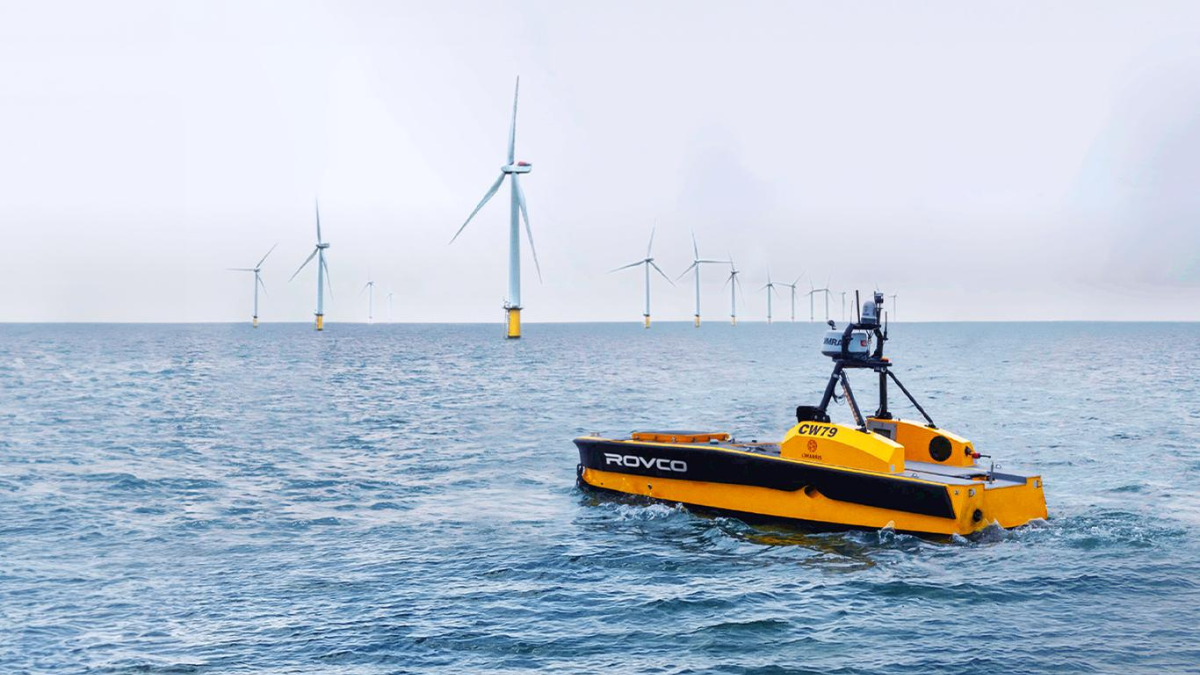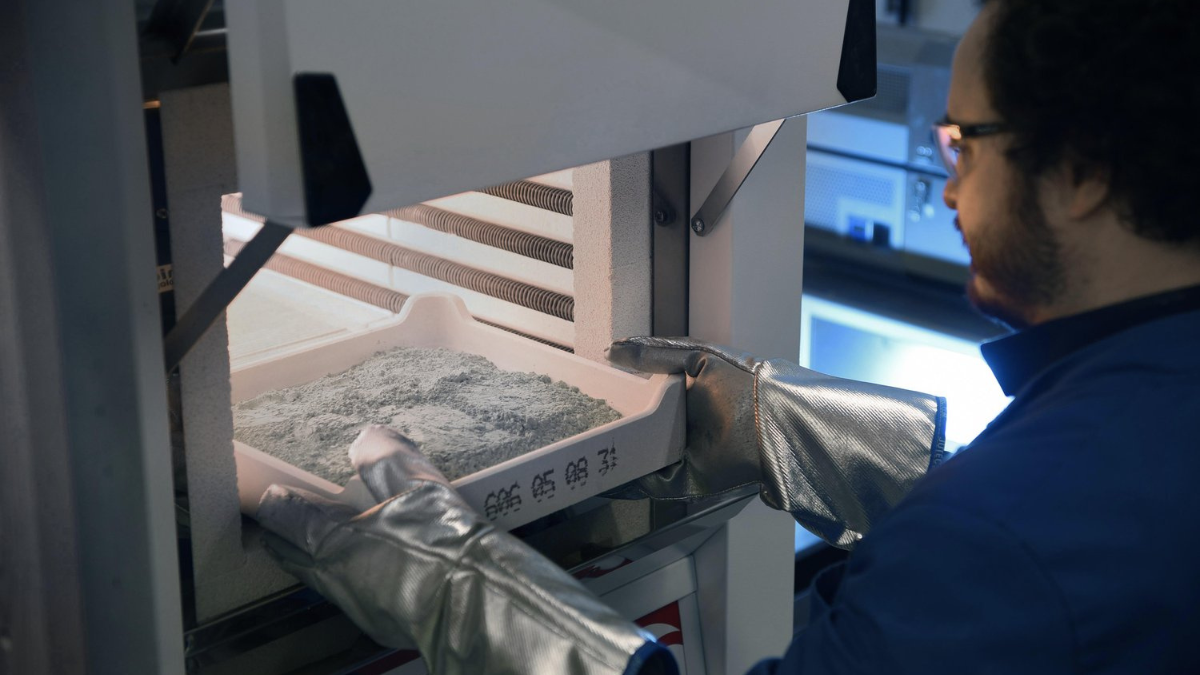News

FocalPoint raises £6m
March 17, 2021

FocalPoint raises £6m to accelerate roll-out of high accuracy satellite positioning software for phones, drones, wearables and cars.
- FocalPoint’s core product can measure the direction of arrival of satellite signals on consumer-grade technology for the very first time
- It delivers 10x improvement in accuracy, sensitivity and integrity of satellite positioning for any device
- Funding will accelerate deployment of next-generation positioning technology into chipsets and devices across mobile, wearables, vehicles and IoT
Cambridge, 15th March: FocalPoint Positioning, the deep-tech company revolutionising the accuracy of GPS and other Global Navigation Satellite Systems (GNSS), has announced £6m Series B funding from Draper Esprit. Operating out of Cambridge and Bristol, with the team drawn from Cambridge University’s Experimental and Theoretical Physics department, BAE Systems and the European Space Agency, FocalPoint’s world-leading IP solves the fundamental limitations of satellite positioning systems such as GPS, Galileo, GLONASS and BeiDou.
Solving the critical issue of GNSS inaccuracy
Inaccurate satellite positioning is a perennial problem caused by obscured, reflected and weak satellite signals, especially in cities and built environments, resulting in positioning and timing errors on GNSS-dependent devices.
The challenge of reflected and obscured signals has also become an increasingly pressing security concern with the rise of location-based services such as ride-hailing, autonomous vehicles, robots and IoT devices, all of which rely on accurate positioning to be able to operate effectively and safely in cities and industrial environments.
Reliance on current GNSS systems also exposes devices such as autonomous vehicles, aircraft, drones and robots to criminal activities. Commonly known as spoofing, individuals can emit a fake GPS signal that either disguises their location or causes another device to become confused about its actual position.
From ‘blue dot’ mapping accuracy on wearables and mobiles, to safety of autonomous vehicles and drones, to lower cost and lower battery consumption for industrial IoT devices, to security and protection from spoofing, FocalPoint’s technologies address the global frustrations of inaccurate GNSS systems, which are critical to the accurate functioning of large swathes of modern technology.
Software and firmware solutions
FocalPoint’s two flagship Supercorrelation and D-Tail™ technologies solve these problems, providing unprecedented accuracy for GNSS systems. When combined, the technologies provide centimetre-level positioning indoors and outdoors, with a large range of use-cases from consumer to business and government.
Supercorrelation is a patented, chipset-level software product for mobiles, wearables and vehicles that revolutionises their positioning ability in urban environments. It is installed at the chipset level and uses advanced physics to calculate the angle of arrival of satellite signals – this has never been possible before. This provides a 10x improvement in accuracy, sensitivity and integrity of positioning. Supercorrelation is designed for the modern system-on-a-chip silicon architecture used by all consumer GNSS receivers. It requires no extra hardware or infrastructure and fits into existing architecture as a software upgrade.
In August 2020 FocalPoint signed a deal with u‑blox, a global provider of leading positioning and wireless communication technologies, to integrate Supercorrelation technology into its commercial chips. It is currently running trials of Supercorrelation with a number of major chipset designers and consumer technology OEMs.
D-Tail is an application- or firmware-level software product for smartphones and wearables that enables centimetre-level positioning, outdoors and indoors. It uses an AI-based motion model coupled with data from inertial sensors from the device (accelerometer, gyroscope, barometer and compass) to build an incredibly accurate picture of distance, speed and motion through space for any device, even in dense urban environments.
D-Tail enables today’s smartphones and wearables to achieve precision that in turn enables next-generation products and services – from indoor wayfinding to high-performance sports trackers and last-metre delivery. It operates at 200 times the measurement rate of GPS, using GNSS, sensor fusion and machine learning to provide a detailed trace of a user’s motion across four dimensions – enabling real-time measurement of motion, trajectory and gait. It substantially surpasses the levels of detail provided by simple dead-reckoning and WiFi fingerprinting.
The new round follows a £4 million Series A round raised in February 2017.
FocalPoint CEO Ramsey Faragher commented: “This is an important moment for our team. Signing our first deal with u-blox to integrate Supercorrelation into a commercial chip has increased the demand for our products from a multitude of different industries and use cases. This funding will help us to meet that demand and enable Supercorrelation and D-Tail to improve the lives and businesses of people across the globe.”
Draper Esprit Venture Partner David Cummings commented: “The inaccuracy and security weakness of current GNSS technology is a global concern for consumers, policymakers and businesses alike, but Ramsey and the team at FocalPoint have made huge progress in solving both of these critical legacy issues. At Draper Esprit we’re really excited to be backing them through the next stage of growth as this next-generation positioning technology is rolled out to devices we all rely on.”
Notes for editors:
- GNSS stands for Global Navigation Satellite System – a blanket term to describe systems that include GPS, Galileo, BeiDou, Glonass.
- Developed and launched by the US military in the 1980s, GPS became fully operational in 1993.
- Other nations have launched similar systems: Russia’s GLONASS, China’s BeiDou and Europe’s Galileo, along with smaller regional services.
- 1.8bn GPS chipsets were shipped in 2019, expected to grow to 2.8bn by 2029, with the majority of growth coming from receivers for autonomy, road and drone (source).
- GNSS technology touches almost every part of today’s interconnected world and economy. A 2017 US government study estimated that the loss of GPS service would average a $1 billion per-day impact to the nation (reference).
About Focal Point Positioning (FocalPoint)
FocalPoint was founded in 2015 by Dr Ramsey Faragher. The team includes alumni of the UK aerospace industry, The European Space Agency, Cambridge, Oxford, UCL and Imperial College. Investors include Draper Esprit, Passion Capital, IQ Capital, Cambridge Angels, Rockspring Nominees, Martlet Capital, Cambridge Innovation Capital and Demis Hassabis. Its technologies have been awarded by the UK’s Royal Institute of Navigation and the US Institute of Navigation. It was named Europe’s Hottest SpaceTech Start-up at the 2020 Europa Awards.



